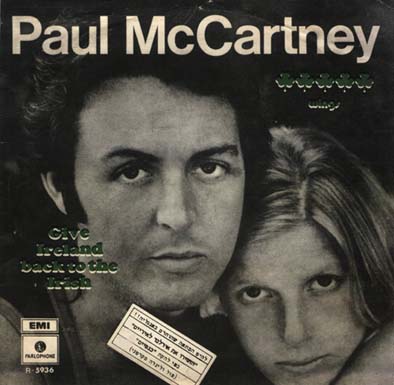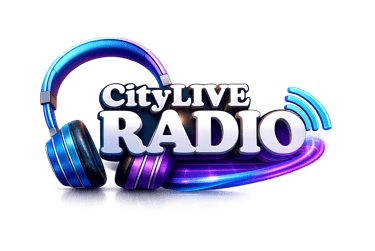
CASE STUDY
CityLIVE Radio is an online community based radio station, that takes music seriously. We play a wide variety of music for the true music lover. We don't care what the critics say or what society dictates what should be played. You love music, we love music and we listened to you at what should be played on the radio. If you're looking for a station that plays the same tracks every hour until the lyrics are drilled into your head, then you're in the wrong place!
Our music consists of classics from the sixties to the current releases of today (with a few exceptions). From rarites to uncensored album versions, from jazz to soundtracks it will all be played on this one station.
Our Music
What are our musical exceptions?
We won't play certain types of music that is promoting gang violence, weaponary, violence against others, sexual violence, degrading to people, racism or homophobia. If you have to include those subjects in your music without contextual reasoning and just talking about it to boost your ego, then it doesn't deserve our airtime or attention.
We are not a policitally motivated radio station. We believe in freedom of speech and if that message is conveyed within music, then why should it be censored?


Controversial Music
As the music we play on our station is directed at those who love and respect music. We as a station take into account those tracks that are deemed unsuitable for the airwaves and decide whether or not they should be played. In doing so, we look into the lyrics and the true meaning behind a song to decide whether we should join the masses and ban it from our airwaves, or play it as the artist intended it to be heard.
We don't take this lightly. Some songs we do deem inappropriate for our airwaves and choose not to play it. However, some songs we will play as they deserved to be heard, especially if we think meaning behind it is still important in today's society.
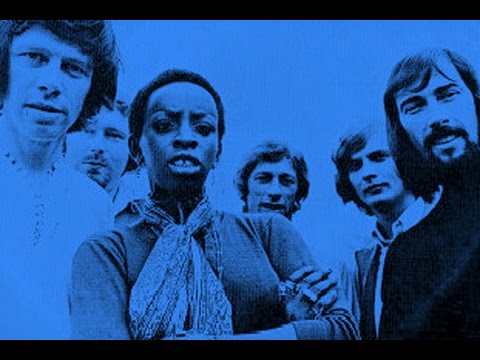



BLUE MINK - MELTING POT (1969)
This track was a hit in the 60s and continues to be played on a handful of stations across the UK. But this doesn't stop the complaints to OFCOM in regards to its racial context, resulting in radio stations withdrawing it from their playlists and apologising for playing it. Well, you won't get that from us! We continue to play this track as those who complain about its lyrics obviously haven't actually listened to the song's context.
Fronted by African-American singer Madeline Bell, the song is about racism. How society labels those different to the average white person.
Racism wasn't frowned upon back in the 60s as much as it is today, so we can understand how some racial words featured in the track can cause offense today. Those words that feature in the song are used as examples to how non-white people were treated by racists back then and sadly - still are today.
The song is a stand against racism. Its message is that you can call a non-white person whatever you like, but if you put us all in a melting pot, we all come out the same. That's a positive anti-racial message that still needs to be heard today and that is why we won't ban the song from our station. There shouldn't be any form of racism in our lifetime. Everyone is equal no matter your ethnicity and any song promoting that message should never be banned from the airwaves.
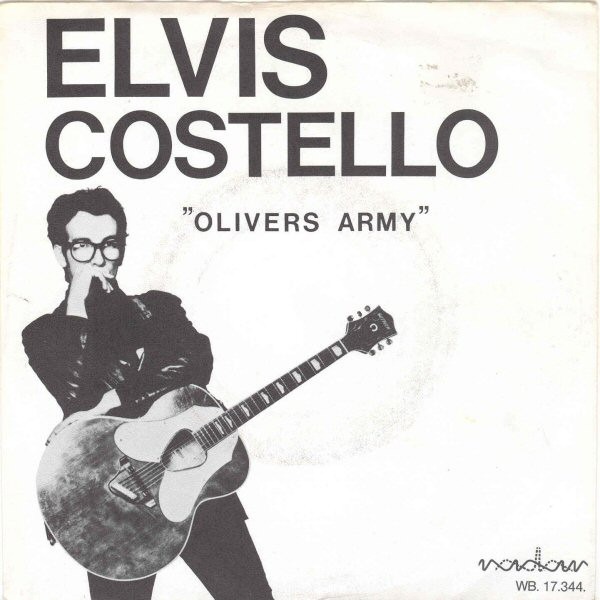

ELVIS COSTELLO - OLIVERS ARMY (1979)
The track was written about the troubles in Northern Ireland and features the infamous controversial line "Only takes one itchy trigger, one more widow, one less white nigger."
In a recent interview, Costello defended the song and hated the fact radio stations took to censoring the song because of the racial content. He hated it that much he insisted that radio stations no longer play it.
The reason behind the lyric was because his grandfather was called the racist comment during his time in the British Army. If he had write the song today, he would have had second thoughts about it, but at the time of release those slurs were 'historical fact' and Costello couldn't understand why people would go off like a bell when they would hear the word and accuse him of something that he didn't intend.
Why are we still playing it? As we have stated we love music. Music was a great medium to get your voice heard and if that message came from a well-known artist like Elvis Costello, then you knew it was going to get attention.
A song that is of historical value and highlights racism should not be removed from the airwaves. You can't change the past, but you can create a better future, we as a people can learn from the mistakes of the past and to do so, you need to hear those mistakes in full.
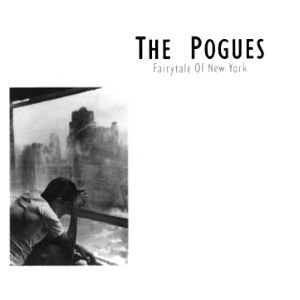

THE POGUES - FAIRYTALE OF NEW YORK (1988)
One of the greatest festive tracks to be released and is still played on every radio station every Christmas. However, despite its continued popularity it hasn't escaped the clutches of the cancel culture. Due to the use of the words 'arse', 'slut' and 'faggot' amongst its lyrics, many radio stations have taken it upon themselves to censor the words from the airwaves, which has caused outrage by music lovers and The Pogues themselves. Even the late Kirsty McColl's mother has vented her disapproval of the censoring stating "Its too ridiculous."
In 2010, musical comedian Mitch Benn defended the use of the word 'faggot' in the song stating it wasn't a derogatory term for homosexuals, but it is Irish and Liverpudlian slang for a lazy person.
CityLIVE Radio have researched this further and agree with Mitch Benn, adding that the word 'faggot' is actually a North American offensive word for homosexual and not used by the British in the same context. In addtion to this, as the track has played uncensored for almost forty years we cannot see why this track cannot continue to be played uncensored today. If easily offended then turn it off!
PAUL MCCARTNEY & WINGS -
GIVE IRELAND BACK TO THE IRISH (1972)
This debut single was released in February 1972 that lead to an immediate ban on the airwaves after the BBC and other radio stations in the UK and US deemed it inappropriate to play. However it didn't stop it getting into the UK charts, climbing to number 16 in the UK, number 21 in the Billboard charts and reaching number 1 in the Republic of Ireland.
The song was written in response to the 'Sunday, Bloody Sunday' event that happened on the 30th of January of that year. It took two days to write and included Northern Irish guitarist - Henry McCullough. It was a simplisitic policital message aimed at the UK Government to hand Ireland back to the Irish. It also hints at the British Governments hypocrisy demanding "all people must be free", while withholding Ireland from the Irish.
In light of this, we believe the song deserves to be heard. Who are we to censor freedom of speech? Everyone has an opinion and not siding with the band. Any country taken under force by another country deserves to handed back to its natural government. Just saying!
